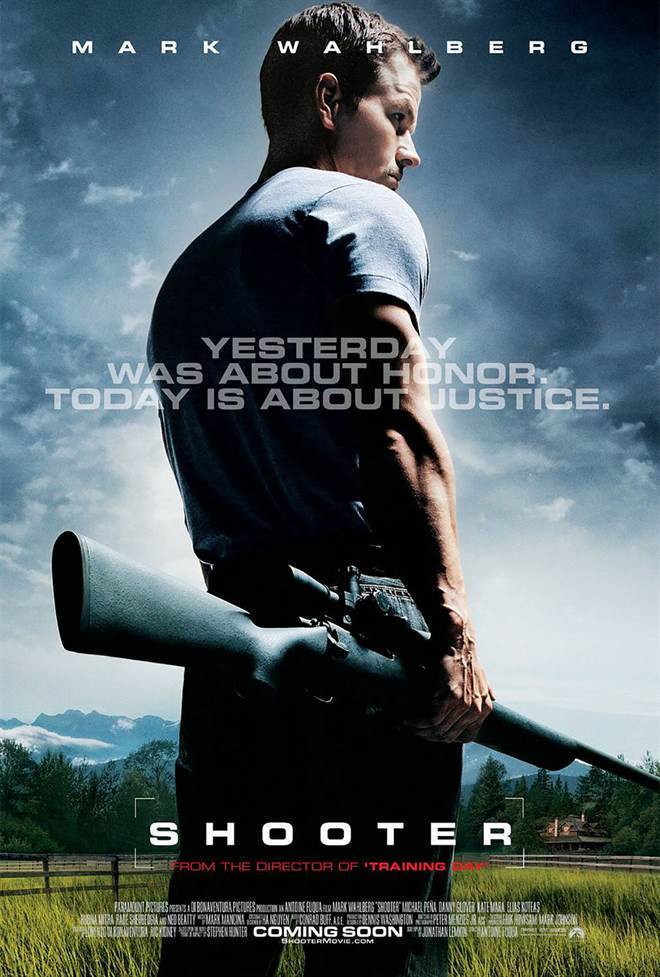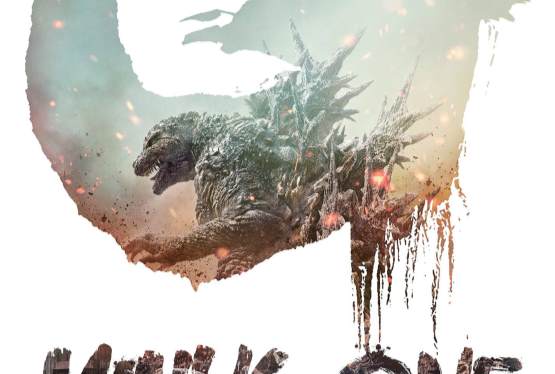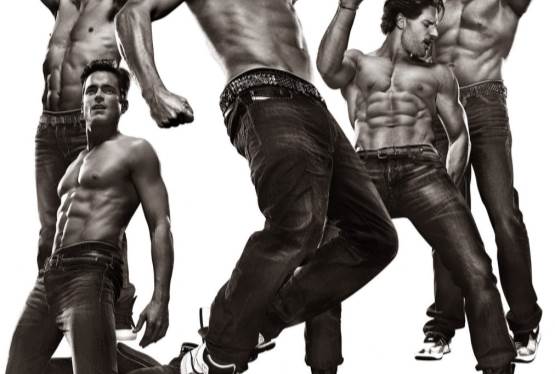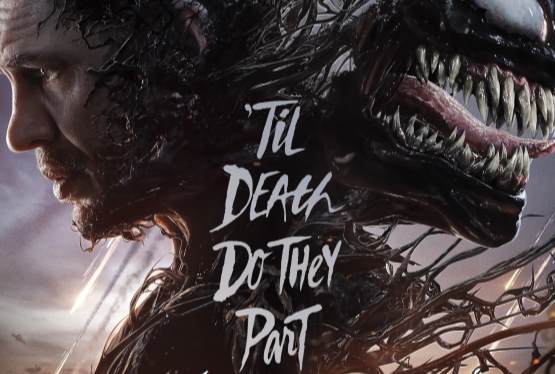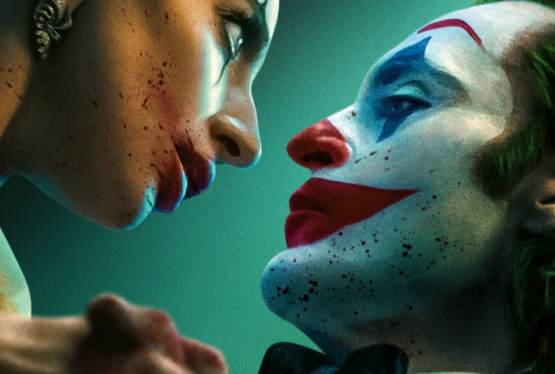Shooter opens with an obligatory war-scene where things go wrong and then moves, three years later, to the disaffected Bob Lee Swagger (who like all potential assassins gets his full three names) being asked by Danny Glover to come back to the government to help prevent a planned presidential assassination. He's one of the best--as an expert marksman, he can tell them where the attempt will happen--and from what vantage point.
Wahlberg doesn't trust the government--but he's a patriot--and eventually he takes the job. And then things go really wrong. And then it's time to take the fight to them. Which he does: Marky Mark kills a whole lot of people. Hey, that's what you paid for!
So it delivers on the basic promise but the remaining questions are: is the action entertaining and ... is it smart?
Conspiracy movies have pacing problems around their bad guys: if you understand the entire conspiracy then they lose some teeth. If you don't understand the conspiracy then you have situations where the protagonist is essentially being persecuted and hunted by a shadowy but usually almost omniscient force. Shooter resolves this nicely by getting villains with enough charisma that, when they're on the screen, they're entertaining to watch. It matches them against Wahlberg who is also imminently watchable.
For my part, I found the action a little by the numbers--but not bad enough to make me yawn. The scenes where the good guys look at an installation there's a target inside and go "yeah, it's a trap" are refreshing even if the actual rampage is somewhat textbook (we expect a special forces guy to be able to kill a bunch of security).
As to the "smart" question, that's the more interesting angle. The book is based on a book by Pulitzer Prize winning movie critic Stephen Hunter and heavily leveraged Marine Scout sniper Patrick Garrity. It is said to contain some of the most realistic sniper-action seen on film. Whalberg, a physical specimen in general, lost 20lbs to give him a super-cut lean look and underwent intensive, realistic sniper training with Garrity, including learning to shoot with both hands and actually doing long-range distance shooting.
I didn't know this when I was watching it, but during the show I did thing 'They really got their sniper-talk down.' They did--and that's good.
Furthermore, the characters are reasonably bright even if the movie doesn't expect us to be. When Mark is visited by the government, he praises them on the vehicle they came in ("that's a nice engine, can I get a picture of that?") and takes a snapshot. I knew, immediately, he was photographing the actual guys (and the plates, it turned out). The movie has two of the agents discuss it in the next scene to make sure the audience knows how smart he is. If they'd just left it--and otherwise had him evidence situational awareness, tactics, and so-on, I'd have been really impressed.
I didn't quite buy the remote-detonated home-made munitions he cooks up from grocery store shelves (where can I buy red-LED-lit remote detonators? Is that aisle 12 next to the soda?) but the way he camouflages the rifle and constructs the guille suit seemed pretty darn real (he overlays a branch with leaves on it and spray-paints to get a natural pattern of green and dark green: and this time doesn't explain it to the audience).
If I have any complaint with the craft of the movie it's this: the movie dips a toe in the water of having a message--and then retreats back to being an action movie. You can feel the script hit the various "plot points" as it goes along. Maybe some of those were even added in to an older script to make it "current."
- Bad-guy US troops turn out to be contractors (Blackwater!)
- Bad things are, yes, about oil
- We are told, explicitly, that high command knew about abu ghraib (but only the soldiers took the fall)
- The 9/11 Commission report sits, featured, on Mark's desk and he wonders 'what lies THEY will try to tell us today' (thankfully the 9/11 tragedy didn't turn out to be orchestrated by the US govt)
- When told about the president's life being in danger, the shooter says, laconically, "I don't like him much. Didn't like the last one much either."
- There are some subtle allusions to Ruby Ridge--something that seems like pandering to a certain market segment who'll recognize those allusions immediately
- There are token WMD notes--just to make sure the audience is following along: The government lies like a rug
- A bad senator hunts in a Dick Cheney outfit
- There is government sanctioned torture
And so on. The idea that the government is composed of a bunch of lying bastards isn't new, and it is powerful. Cinematicly addressing this, however, requires a level of fineness that most predominantly action movies lack. Films like The Parallax View and The Manchurian Candidate were low on action and either high on satire or, well, dark dramas. Today, though, the idea that there's a government conspiracy seems to almost go without question: it's no longer ground-breaking enough just to have one ... you gotta punch it up. Usually with explosions.
Then there's the end. The end is a sequence of highly unlikely events where the main characters try gambits that either don't work ... or work too well for unexpected reasons. I'm okay with--today used to--not following the last 15 minutes of the movie until the punch-line is delivered. They have to make it seem like the villains have a chance before the good-guy's final plan springs into action. However with Shooter, the end is a very literal message that today's world is the wild west--and it needs a guy with a gun to clean it up.
This, combined with a sort of populist conspiracy message (Ruby Ridge, media-manipulated-lying, weapons of mass destruction, etc.) makes me uneasy: are we to take away from the movie the idea that what we really need is a one-man-army regime change? Or that, if the conspiracy theorists were right that those actions would be appropriate. But since they aren't, it's just harmless entertainment? Or that the movie is playing on our frustration at the current political climate in a calculated and manipulative fashion? Hey--I think that's the one!
When I look at the more serious (maybe even preachy) message-films like Rendition (about the transfer of prisoners to black-prisons out of the country where they can be tortured) I wonder if there are only two answers Hollywood can provide us with: helpless rage or armed resistance? For all the technical sophistication that Shooter's subject matter experts bring to the table about weapons, the final message seems unnecessarily dumbed down. It'd be interesting if the FBI had come through in the end and rolled up the conspiracy and taken down the powerful politicians behind it (maybe Whalberg could arrange an embarrassing homosexual bathroom encounter to take down the US Senator who is rife with badness? That seems to be a charge they can't suppress.)
But that would be a different movie.

